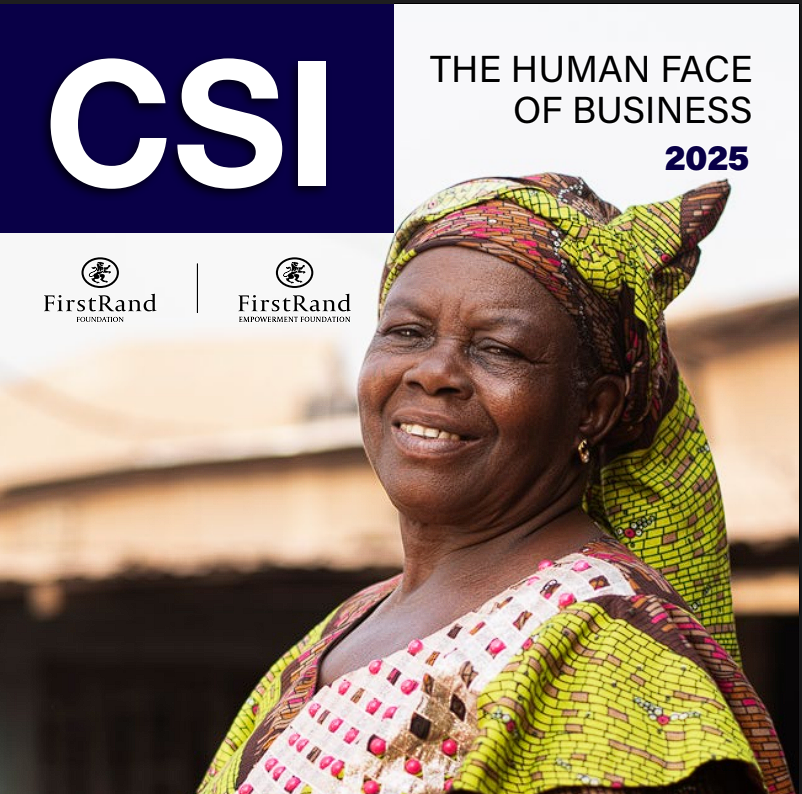Since the end of apartheid, South Africa has sought to rebalance power and wealth through one of the most extensive affirmative action programmes in the world. Broad-Based Black Economic Empowerment (B-BBEE) was designed to open opportunities for black South Africans in business ownership, management, and procurement.
Yet, three decades on, the results are mixed. While the share of black executives and professionals has grown, inequality within the black population has widened. The top 10 percent of black earners have seen incomes triple since 1993, but earnings for the poorest half have fallen. Critics argue that B-BBEE has helped create a politically connected elite while doing little to lift the majority out of poverty.
A key point of contention is procurement policy. Government departments may pay up to 25 percent more to black-owned suppliers under preferential rules. Supporters see this as a necessary premium for transformation and economic redress. Opponents warn it inflates costs, distorts competition, and diverts scarce public funds from essential services.
The policy’s challenges are compounded by a sluggish economy, high unemployment, and declining investor confidence. South Africa now faces a difficult choice: reform B-BBEE to focus on broad-based outcomes, skills development, and enterprise growth—or risk entrenching resentment and economic stagnation.
The intersection of race, power, and money remains central to South Africa’s future. The question is whether its transformation strategy can evolve to deliver not just equity for the few, but opportunity for the many.




